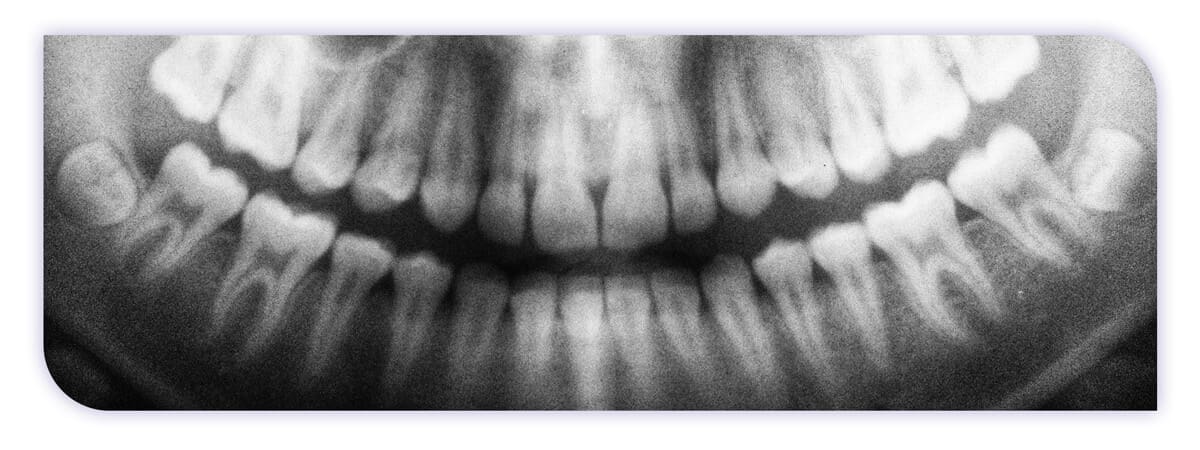Dental Implant Surgery: A Step-by-Step Guide
Dental implants don’t have to be a pain; here’s our guide to getting it right.
Dental implants are a welcome relief for people who have suffered tooth loss and are perhaps wearing dentures or have bridgework that may be cumbersome and require a lot of looking after. Replacing missing teeth with artificial ones that are anchored into the gum ensures they will last and do the work of real teeth, and when dental implant surgery is done well, they will last and last and there’s very little you have to do apart from care for your teeth in the normal way.
Dental implant surgery may not be for everyone, however. It depends entirely on the condition of the jawbone and how healthy it is, and the surgery itself may include a number of procedures before you’re all set with your new tooth-topped implant that will look like the rest of your teeth and fill the gap where the original one was. In this step-by-step guide to dental implant surgery, we look at who might need dental implants and what to expect if you’re scheduled to have them.
Candidates for Dental Implant Surgery
You may be a good candidate for dental implant surgery if you:
- Have one or more missing teeth
- Have damaged teeth
- Have a good level of oral health
- Have an adequate amount of jawbone for the implants to be anchored into
- Are in good physical health and don’t have any conditions that could affect the healing of your jawbone.
Additionally, candidates for dental implant surgery will need patience. This is an invasive surgery that will be carried out over several months, and you need to factor that kind of time period into the process. It is not a quick procedure that will be over in a few days. Also, it may be required that you’re not a smoker, as tobacco can cause dental implants to fail.
Preparing for Dental Implant Surgery
Before you can go ahead and have dental implant surgery, you’ll need to have one or more consultations with a number of experts, including your dentist; a periodontist, who’s expertise is in bones and gums; and possibly also an ear, nose and throat consultant. This is to ensure that this multi-stage procedure is suitable for you and that your dental implants will have the highest chance of success.
As part of your dental implant evaluation, you will most likely be required to undergo the following:
- A comprehensive examination of your teeth: This will include X-Rays and 3D images may be taken.
- A medical history review: Your dentist will want to know everything about your medical past, including any medications you may be taking, past surgeries and any conditions that may affect or be affected by your dental implant surgery.
After both of these have been carried out, an effective treatment plan for dental implant surgery can be drawn up for your specific case. It will include the number of teeth to be replaced, or gaps, if there are no teeth there, as well as the condition of your existing teeth and overall jawbone health.
Dental Implant Surgery Steps
Because a number of stages are required when performing dental implant surgery, it will take place over a period of time — usually around three but up to six months — that allows sufficient healing of the site or sites where the implant will eventually be placed. Typically, you can expect the following:
- Removal of an existing, damaged tooth and preparing the site for placement.
- Grafting in the jawbone area if there’s insufficient bone to take the implant or support it; grafting can be from another part of your body or artificial.
- Placing the dental implant, or artificial root that will anchor the implant.
- A healing stage that permits bone growth.
- Adding an abutment, the element that connects the implant with the artificial tooth.
- Placement of an artificial tooth.
When the entire process of dental implant surgery is complete, it’s a time for recovery and to take it easy. You may have some swelling in your gums or bruising along them and your skin; and there could be some initial but minor bleeding and pain at the implant site. It’s likely you’ll be given a course of antibiotics to take, along with painkillers.
Usually, stitches that are used in the procedure are the self-dissolving kind; but if not, you will have to return to have them removed. In the meantime, you’ll be advised to eat soft foods that don’t disrupt your new dental implants. Most dental implants are successful, but if one happens to fail, it can be removed and after about three months, you can try again.
If you’re thinking of having dental implants, or already have them but need repairs, our highly experienced dentists at The James Clinic are available to talk to you about your individual situation and offer the best advice for you. Get in touch now to find out more.
Photo by Umanoide
